The origin of what we know as Garage music established itself in the late 70s and 80s in the US with DJs spinning different genres blending pop-rock, disco, early hip-hop and soul. The LGBT club ‘Paradise Garage’ played this eclectic blend quickly becoming known as ‘Garage Music’. DJ Todd Edwards honed the garage sound as he cut up and engineered and remixed vocal samples into catchy hooks that made their way to North London in the early 90s.
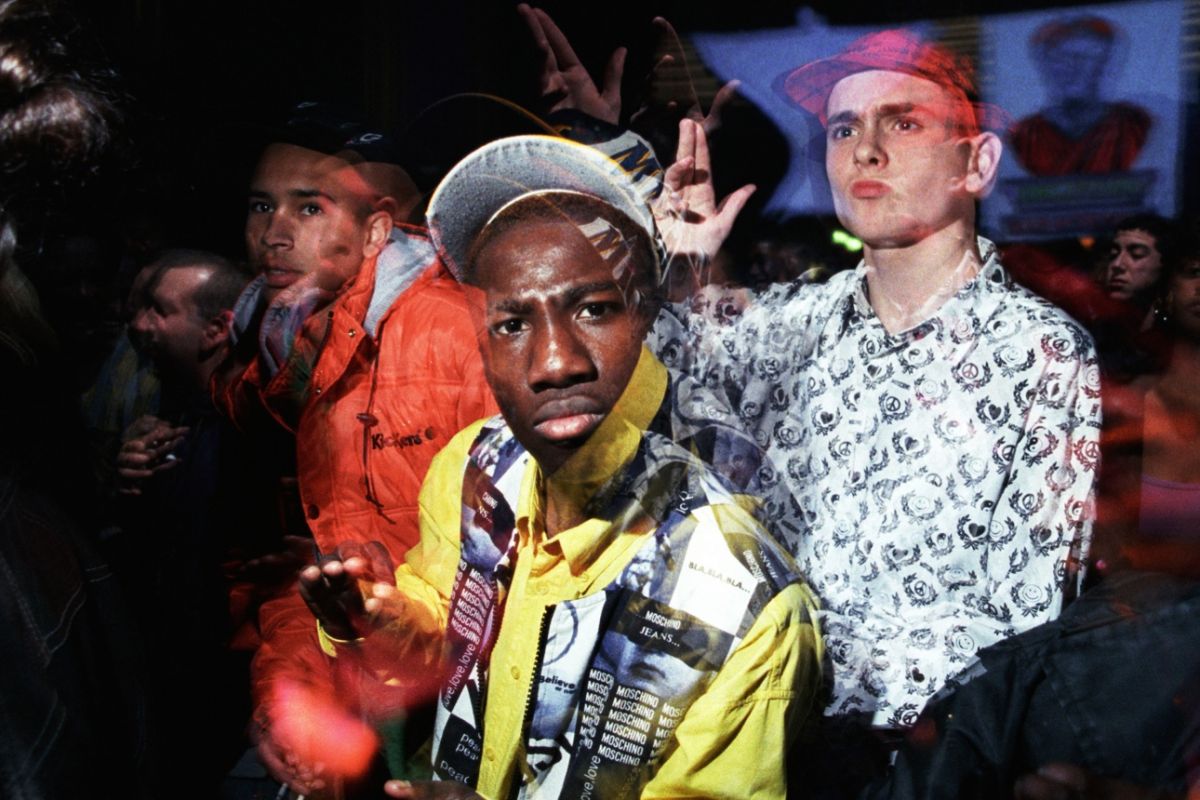
UKG – It’s a
London Thing
Words and playlist by Ellie Rousseau
Photos by Tristan O’Neill, courtesy of the Museum of Youth Culture
From the two-stepping nineties, when living for the weekend was a lifestyle choice to be celebrated, to contemporary artists bringing the sound to a new audience, join us as we trace the legacy of UK garage.
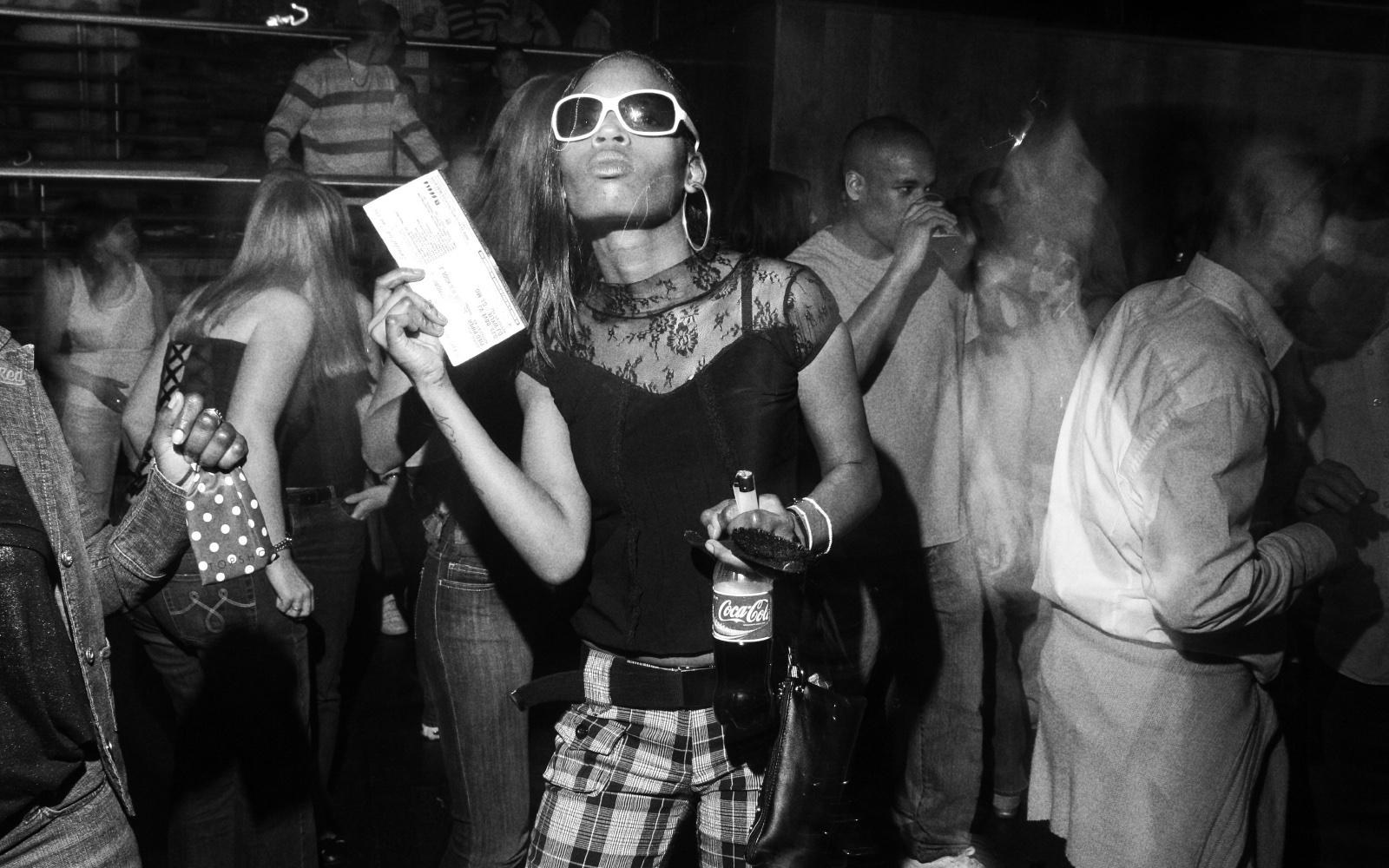
In the UK clubs, DJs started playing mixes of US vocal tracks at an accelerated tempo in the afterhours, whilst local MCs jumped on the tracks as they were already doing in the Jungle circuit. In these early years, this was called the ‘Sunday Scene’ due to a lack of interest for the hot time slots in the bigger clubs (think Drum & Bass’ Metalheadz ‘Sunday Sessions’ at Hoxton’s Blue Note).
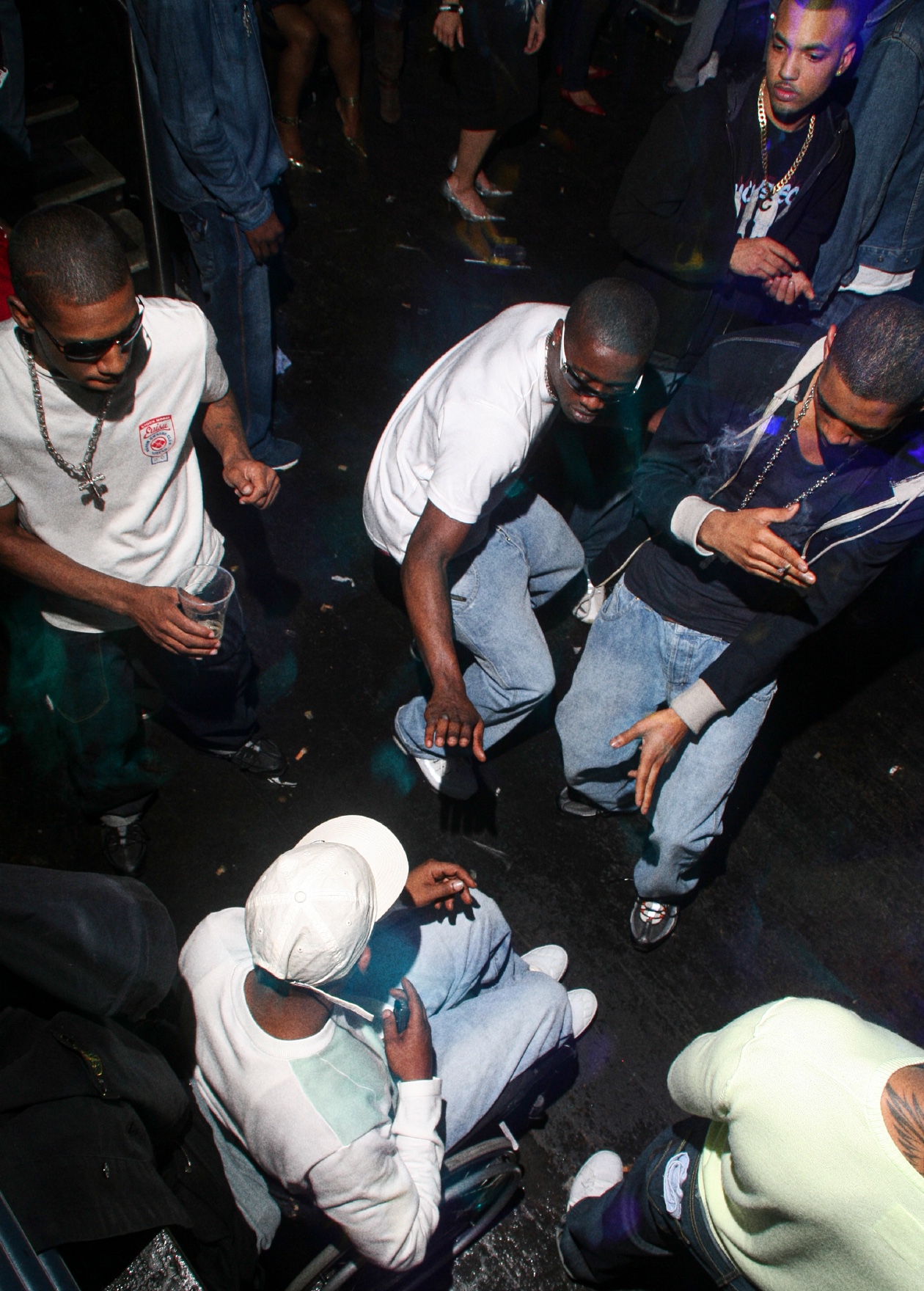
It was expensive to import records from the US, so UK producers started to release their own garage records with the distinct UK sound on labels such as Nice’N’Ripe and Swing City, giving birth to UK Garage. ‘Spread The Love Project’ started at The Gas Club on a Sunday in 1993. ‘The Elephant and Castle’ pub was well known for hosting a UKG setting for those leaving ‘Ministry of Sound’ to continue the vibe until alcohol sales restarted on a Sunday. Using Pitch Control, the DJs sped-up the tempo (creating speed garage) flooding dancefloors full of a mix of office workers, rude boys, Ministry of Sound doormen, footballers, TV stars plus all their mates drinking champagne, dressed in loud two-piece sets or leather trousers; an image that screamed hard cash. The turn of the century UKG girls and boys dressed up for the weekend.
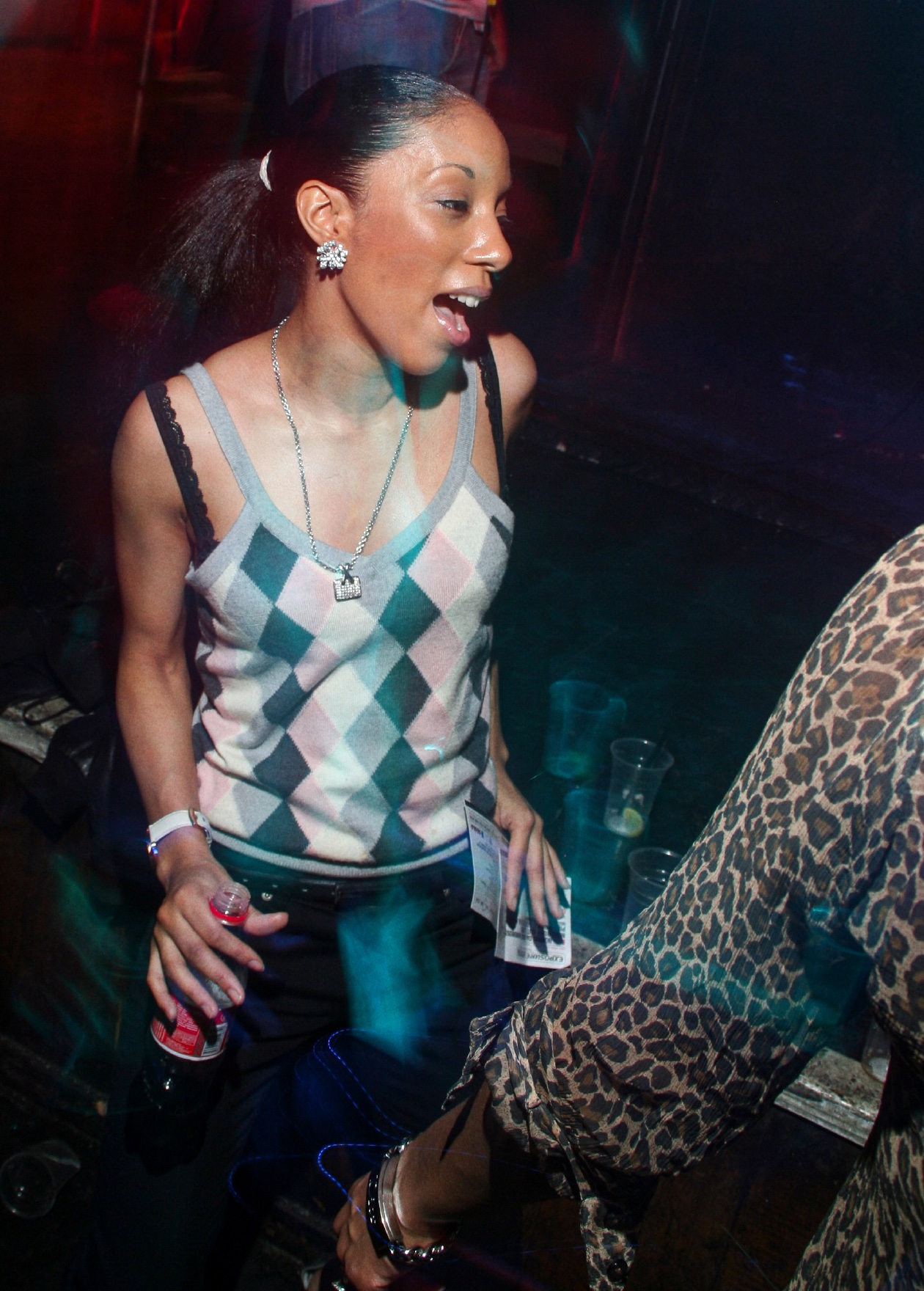
Through 1996-1997, Drum & Bass producers continued putting their British touch on garage giving us 2step beats alongside existing speed garage. The masses jumped on these compilations, so the sound wasn’t fresh for long. Around 1998, UKG flooded the FM airwaves of pirate radio such as Rinse FM and Deja Vu. The FM DJs were hunting down vinyl and putting up ariels in the tower blocks around the city to spread the music over London; it wasn’t long until UK garage could be heard blaring out of cars passing by.
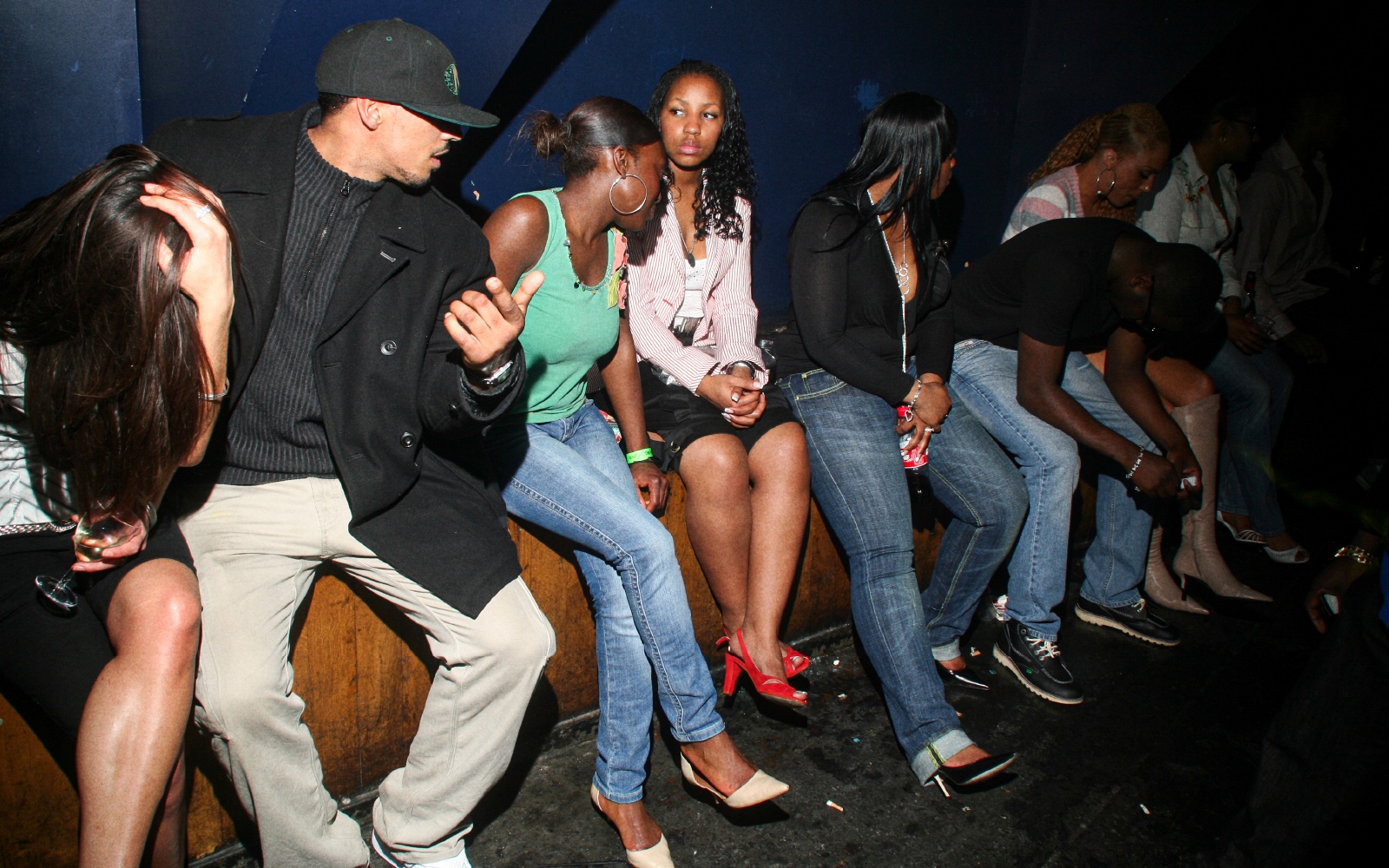
UKG broke into the charts and onto terrestrial BBC radio by the early 2000s. Due to the rapid evolution of the UK sounds around the 1990s and 2000s, harder breakbeats and darker tones brought in grime and dubstep. As often seen within UK bass music, there was a resurgence of UKG in the 2010s with the OG producers bringing out new tracks alongside a flux of new artists. Post-lockdown, a new strain of UK garage is being heard once again, introducing the next generation to the distinctive sound of UKG.